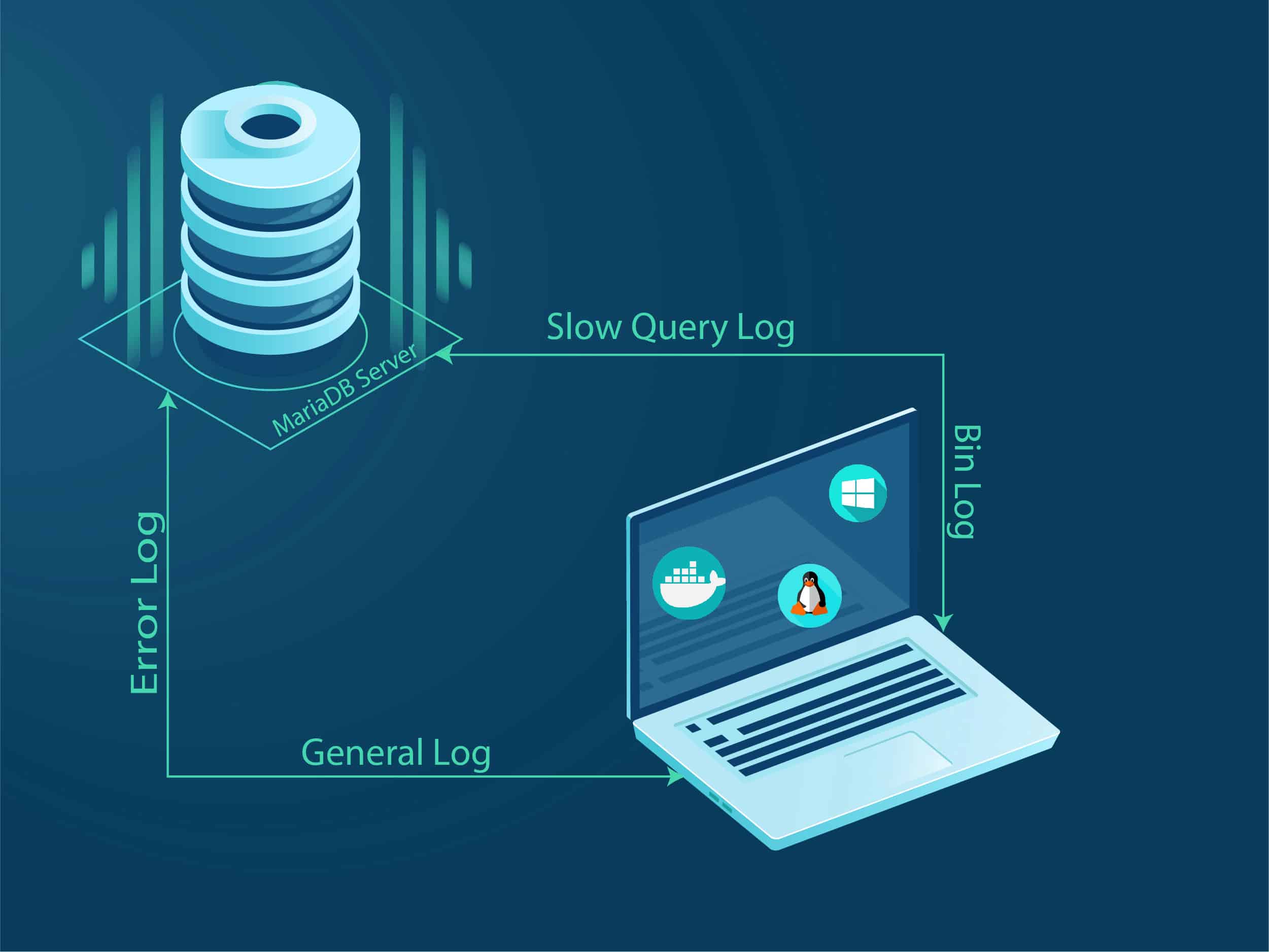Content
Require.include has been deprecated and will emit a warning by default when used. The major version was also the chance to revise some of the defaults and to align with proposals and specifications that come up in the meantime.

The entry descriptor allows to specify a runtime per entry. When specified a chunk with this name is created which contains only the runtime code for the entry. When multiple entries specify the same runtime, that chunk will contain a common runtime for all these entry.
Upgrade webpack 4 and its plugins/loaders
It is not the same, but proven to be more effective. You can invoke webpack this way to get stack traces for deprecation warnings to figure out which Plugins and Loaders are responsible. If you are using webpack version less than 4 please see the webpack 4 migration guide. The warning Multiple assets emit different content to the same filename has been made an error. It also captures more information about filesystem while watching. It now captures mtimes and watches event times, as well as information about missing files. For this, the WatchFileSystem API changed a little bit.
Most of the features within webpack itself use this plugin interface. // Chosen mode tells webpack to use its built-in optimizations accordingly. Notice that many array configurations allow to reference the default value via “…”. All the available configuration options are specified below. Compile entrypoints and dynamic imports only when they are in use.
Changes to the Defaults
DependencyTemplates can now add InitFragments to inject code to the top of the module’s source. Webpack used to store a resolved module in the dependency, and store the contained modules in the chunk. All information about how modules are connected in the module graph are now stored in a ModuleGraph class. All information about how modules are connected with chunks are now stored in the ChunkGraph class. The chunk graph, is also stored in the related class. Webpack used to order modules and chunks in the Compilation phase, in a specific way, to assign IDs in incremental order. The order will no longer be used for id generation, instead, the full control of ID generation is in the plugin.

Whether to use –save-dev or not depends on your use cases. It also breaks if the options object cannot be stringified (i.e. circular JSON). Because of this you can have a ident property in the options object which is used as unique identifier. It can have an options property being a string or object. This value is passed to the loader, which should interpret it as loader options. If you supply a Rule.test option, you cannot also supply a Rule.resource. See Rule.resource and Condition.test for details.
Major Changes: Development Support
There is a target “browserslist” which will use browserslist data to determine properties of the environment. This target is also used by default when there is a browserslist config available in the project. When none such config is available, the “web” target will be used by default. For some of these things the choice between “web” and “node” is too rough and we need more information. Therefore we allow to specify the minimum version e.g. like “node10.13” and infer more properties about the target environment.
- It used to display the currently processed module.
- Plugins in webpack 5 are now applies before the configuration defaults has been applied.
- This can be changed with stats.nestedModulesSort.
You have to remove these options again when upgrading your configuration for webpack 5. In the future, asking for file content hashes will be added and modules will be able to check validity with file contents instead of file hashes. Hooks to optimize the order of module and chunks have been removed. The entry descriptor allows to specify a chunkLoading per entry. The runtime for this entry will use this to load chunks. Before that refactoring, JS output was handled by Main/ChunkTemplate while another output (i. e. WASM, CSS) was handled by plugins.
The same as output.assetModuleFilename but for specific rule. Overrides output.assetModuleFilename and works only with asset and asset/resource module types.
An array of Rules from which only the first matching Rule is used when the Rule matches. All normal, post and pre loaders can be omitted by prefixing !! All normal and pre loaders can be omitted by prefixing -! All normal loaders can be omitted by prefixing ! The enforce property affects the loader category. This is useful for SSR when base URL is not known by server . To be identical it must also be used for the client build.











